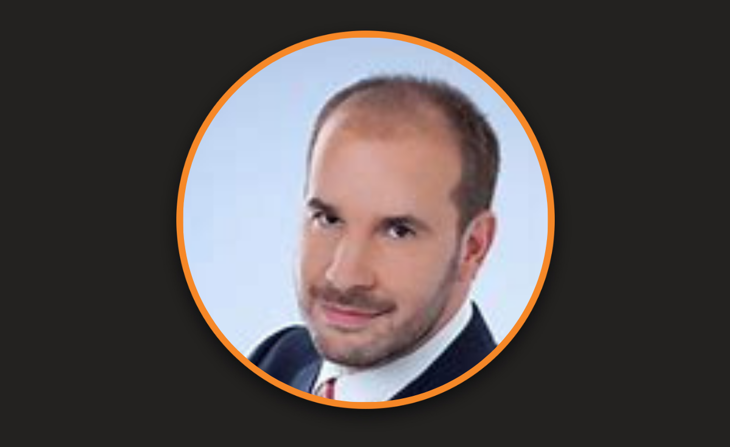
Tobias Winter: If one wants to buy a liquid asset you make a trader buy the shares of a company. If you want to invest in private equity one has to have access to the general partners, do due diligence, and finally be accepted by the partnership. Working through piles of pages of paper - covering legal, track records, and team developments is a more complex way to derive investment decisions.
"With the limited expertise in private assets accessible in a smaller financial centre like Austria, we felt more comfortable outsourcing to Luxembourg."
Once having made the investment decision, it must be properly administered, monitored and valuations must be plausibility checked. Another level of complexity is added when looking at accounting and tax treatments, which require a thorough understanding and expertise.
That is why UNIQA has decided to reach out to external support and manage this complexity by outsourcing the administrative process to an external administrator. With limited in-house capacities and the limited expertise in private assets accessible in a smaller financial centre like Austria, we felt more comfortable, for the time being, outsourcing to Luxembourg where a whole industry ranging from auditing to accounting to legal, and a larger accessible talent pool understands private assets.
Tobias: Diversification is not the main reason we invest into private markets, though one gets exposure to some risk factors, which you don’t get investing into public markets. The primary reason for us was to reduce the volatility of the profit and loss statement of the insurance group.
This reduction was achieved by having a pricing point once per quarter by adhering to plausibility checks and valuation verification and the general partner being able to set and influence corporate strategy. Compared to public markets with daily pricing points and minority equity positions. Looking at the valuation is a fairer way to grasp the underlying value of the asset compared to pricing.
Andrew: Is a low-yield environment partly driving the move to private assets?
Tobias: Partly. UNIQA is exposed to longer term liabilities through the asset pools of its life and health insurances. These are businesses that need to deliver guaranteed returns or return a technical interest rate.
When market interest rates are declining below the level of guaranteed returns, it becomes a loss-making business in the long run - at least for the newly acquired business that is underwritten.
"Yields in the fixed income markets have dropped and need to be structurally
compensated to be a going concern for these insurance businesses."
Private assets offer a way to mitigate the economic risk by being able to deliver the guaranteed returns in an asset class that is perceived as being of similar or lower risk compared to public bonds or cash equities. They also offer lower volatility compared to publicly traded securities.
The disadvantage of illiquidity, which the private markets are exposed to, is mitigated by the long-term perspective of the life and health insurance business. Yields in the fixed income markets have dropped and need to be structurally compensated to be a going concern for these insurance businesses. Higher yielding private assets can contribute to that.
Tobias: For many market participants, ESG is pretty new on the agenda. There is no real market standard that one can align to and rely upon. ESG has rapidly gained importance within private assets, and markets standards that we need to adhere to are just developing.
"Looking at the private equity industry, ESG has been incorporated as often ESG measures come alongside economic benefits, without explicitly labelling it ESG."
How these developments will evolve over the coming years is not certain. However, we need to incorporate those decisions into the capital commitments we underwrite today, as we are bound by several years as we commit capital for multiple years into the future.
Looking at the private equity industry, ESG has been incorporated as often ESG measures come alongside economic benefits, without explicitly labelling it ESG. Looking at the large US private equity buyout managers, employee participation plans for their portfolio companies have been put in place some time ago, thus increasing the alignment with the workforce.
However, capital markets need to fully embrace ESG and still need to go a long way - but this is not only in the insurance industry.